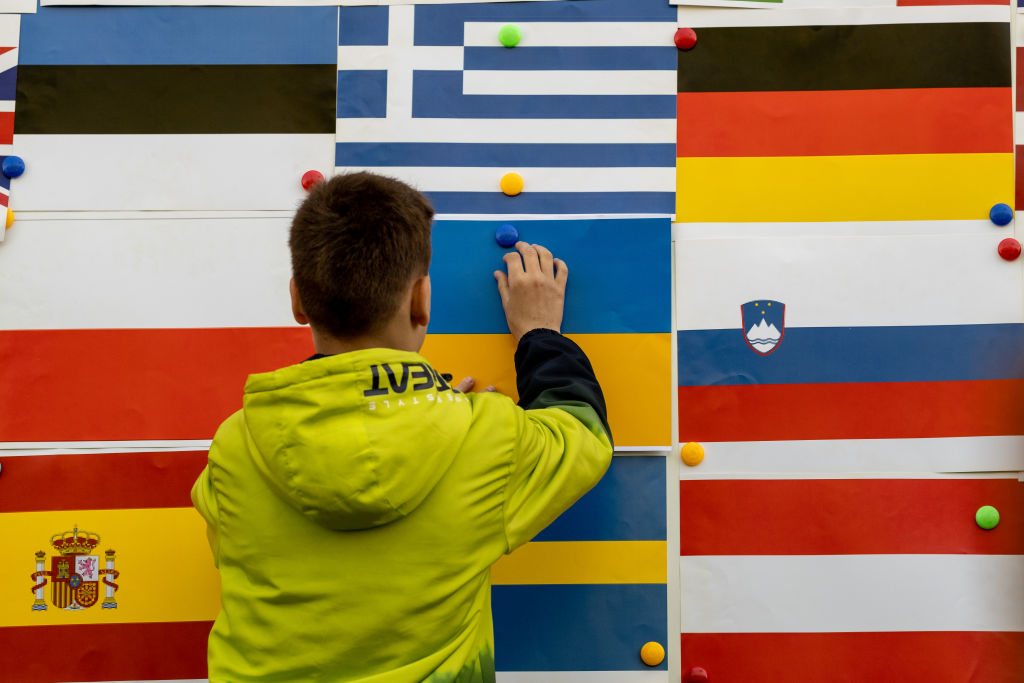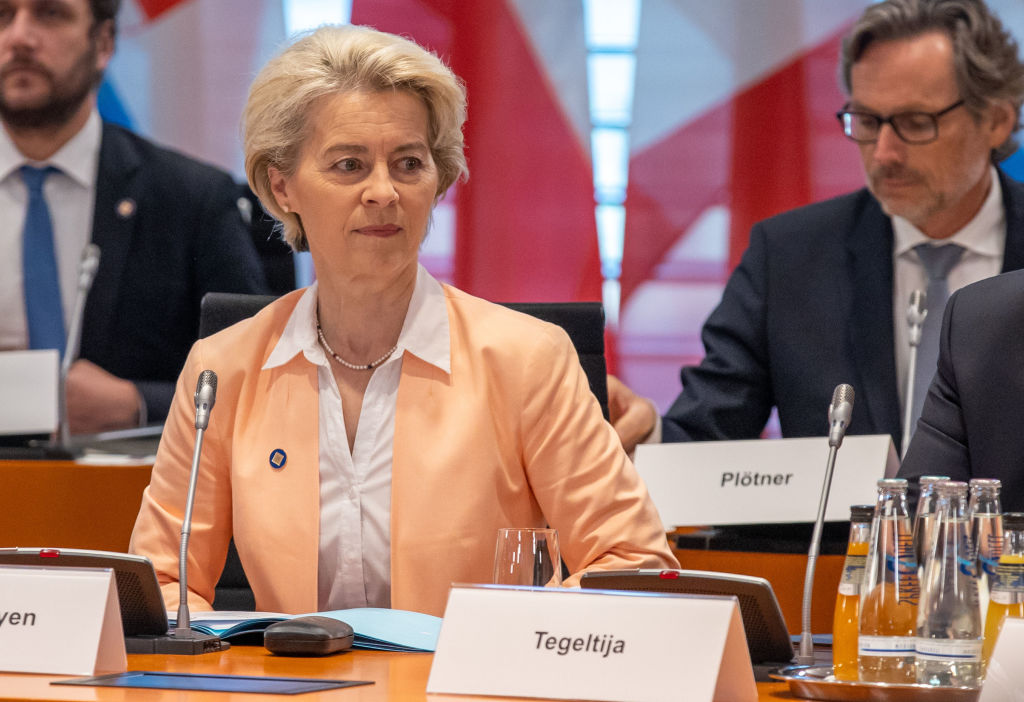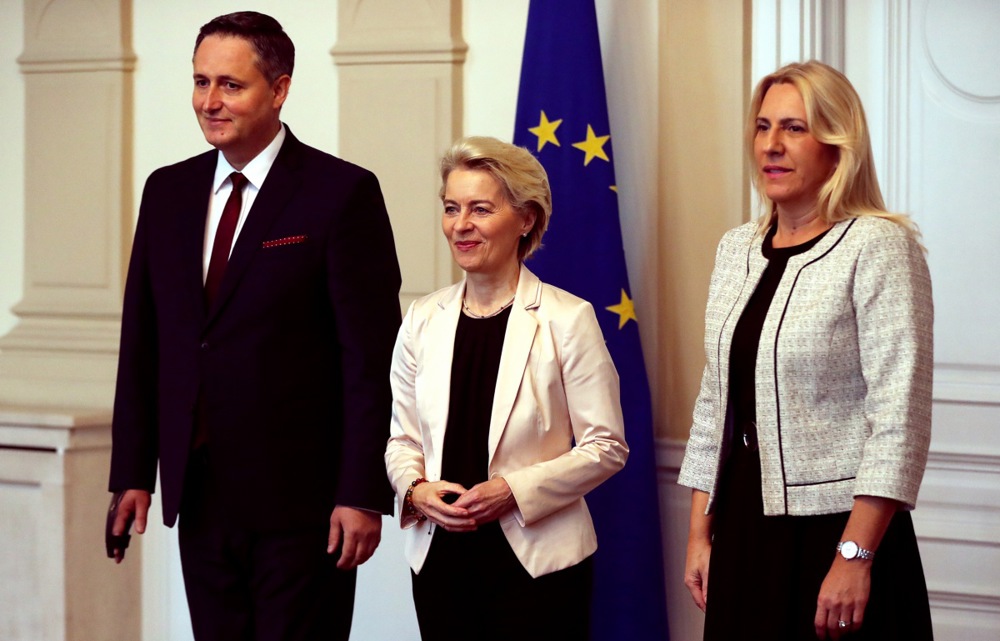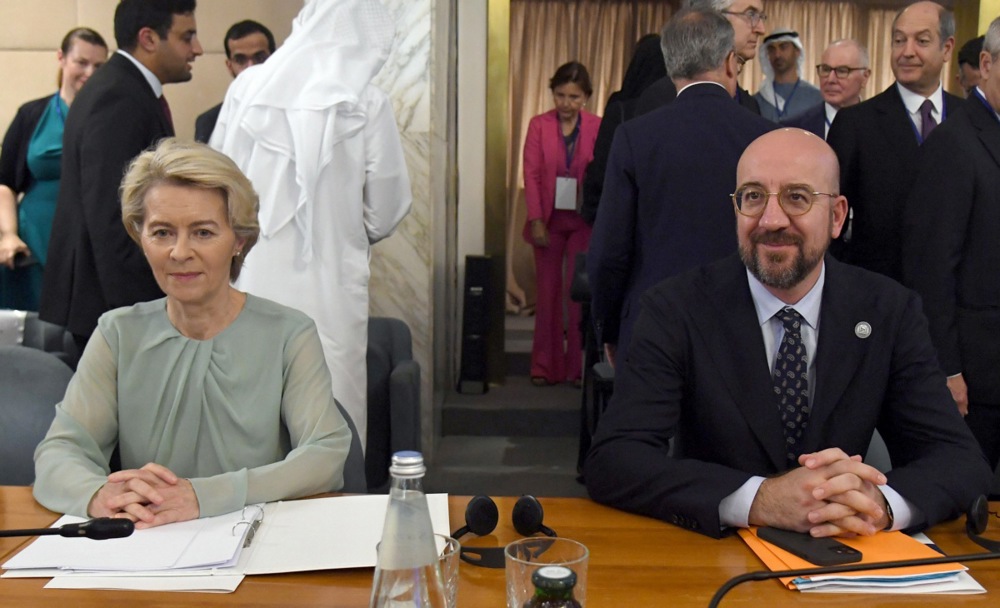The EU’s enlargement Commissioner insists expanding and reforming the EU are separate issues, as the Brussels executive recommends moving forward with the accession of Ukraine, Moldova, and Georgia.
Admitting new members and reforming the EU “are two separate discussions, and we should keep them separate”, says Commissioner Olivér Várhelyi.
The EU is “fit for enlargement with the current set of treaties, with the current set of rules,” though “one can always think of how to improve, how to evolve”, he says.
Moldova, Ukraine, and Georgia all applied to become EU Members in 2022. The EU granted Ukraine and Moldova candidate status, and “EU perspective” status to Georgia—implying the country was a pre-candidate.
The European Commission now recommends Ukraine and Moldova begin formal accession negotiations once they complete a number of reforms.
The Commission is also proposing Georgia be upgraded to full candidacy status. While questions still hang over its current government and its connections with Moscow and oligarchs, European Commission president Ursula von der Leyen felt the move necessary.
Bringing the country closer to EU membership is “an acknowledgement of the desire of the overwhelming majority of Georgians”, she says.
Final decisions about negotiations and membership lie with the European Council, where national governments are represented.
There, Budapest may be keen to block Ukraine becoming part of the EU, over treatment of its ethnic Hungarian minority.
Ukraine is under pressure to enact a law on minority language rights before it begins negotiations.
“Ukraine as a nation is stronger than ever before, and will overcome this massive aggression,” von der Leyen said when asked about security dangers from Ukraine joining the EU.
Though six countries in the Western Balkans have been waiting over a decade to join the bloc, the European Commission gave them little indication that they were getting closer.
Instead, the EU has announced a €6 billion package of grants to speed up the region’s development.





